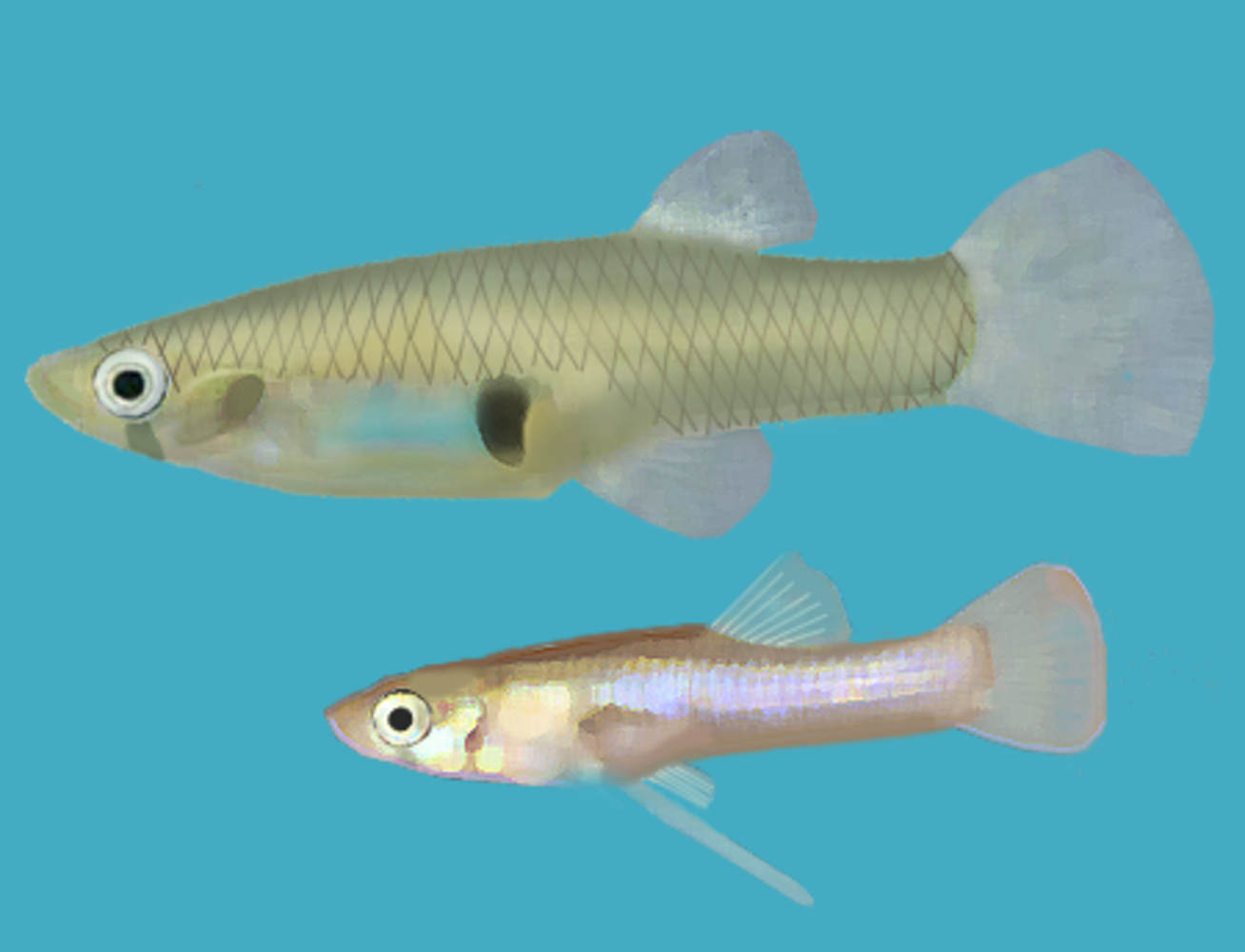Animals come to better decisions more quickly in larger groups, according to research published in the journal PNAS this week.
Group decision making is seen in many social communities - from ants to humans. It forms the basis of financial markets and the behaviour of the internet. It's clearly evolved many times over, but exactly how the decision making process in a group differs from that an individual is hard to determine.
 An international team of researchers, including Ashley Ward at the University of Sydney and Jens Krause at Humboldt University in Berlin, created a simple decision making task - a Y shaped chamber where one path contains a replica predator, and the other was safe. They then introduced mosquitofish, Gambusia holbrooki, to the task either alone, in pairs or groups of 4, 8 or 16.
An international team of researchers, including Ashley Ward at the University of Sydney and Jens Krause at Humboldt University in Berlin, created a simple decision making task - a Y shaped chamber where one path contains a replica predator, and the other was safe. They then introduced mosquitofish, Gambusia holbrooki, to the task either alone, in pairs or groups of 4, 8 or 16.
They then monitored how the fish moved, and which direction they chose to take, to see if group size would alter the speed and accuracy of the decision making process.
They found that lone fish took longer to reach a decision, swimming more slowly and changing direction often, but even then only chose the "safe" route little over half the time. As the group size increased, the decisions became more accurate and much faster - the larger group choosing the safe route up to 90% of the time, despite swimming faster and taking a more direct route.
The next step was to try to work out why groups are so much better at these decisions. As the variation between different lone fish was insignificant, this rules out the idea that particular fish are simply "experts" at spotting predators, benefiting the rest of the group. There is some evidence that the group does divides the responsibility of being vigilant - each fish needs to scan a smaller area, so the amount of direction changes made reduces in larger groups. Task sharing like this also means the fish must rely on social cues to make these decisions, as was seen when observing the fish closest to the leading fish.
This research suggests a high degree of cooperation, division of labour and rapid communication between members of a group, all factors that would promote the evolution of group decision making.









Comments
Add a comment